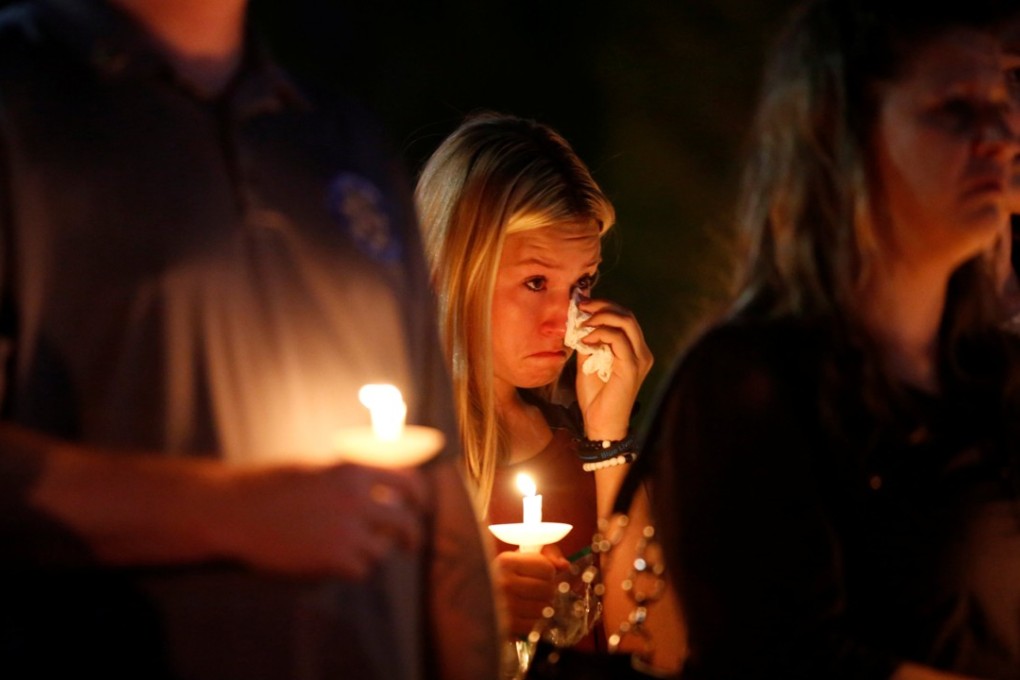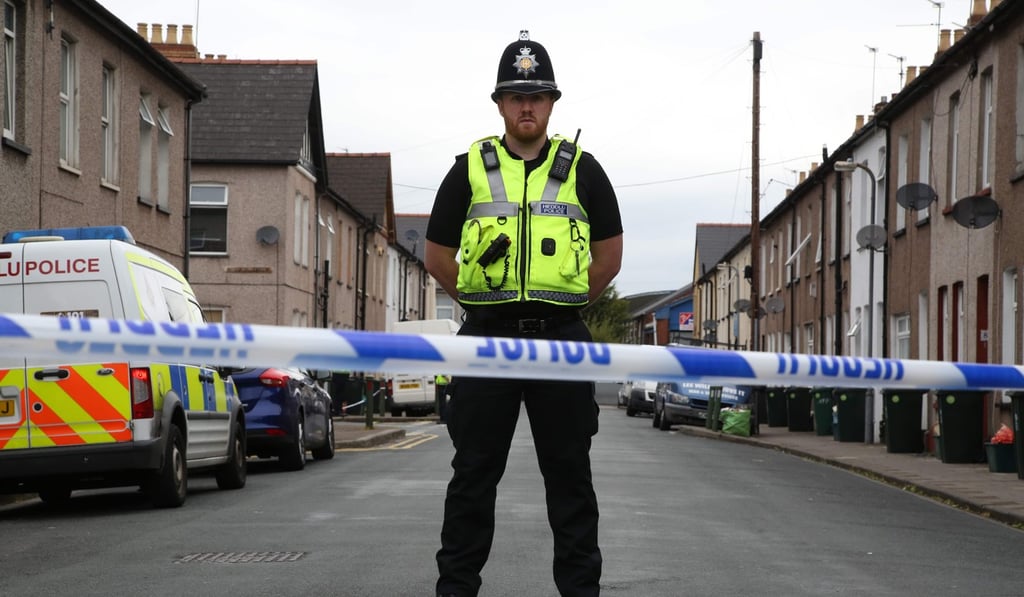After the Vegas massacre and European terror attacks, is it safe for Hong Kong children to study abroad?
Mike Rowse says parents must strike a balance when deciding where children should study. Anxiety over American gun violence or terrorism in London can’t be the only factor

After all, Hong Kong has many fine schools and universities. Since we live in, by any measure, one of the world’s safest cities, why send our precious children thousands of miles away, where they might be in danger and we will see them less often? The counter arguments are familiar to all families on this path: some courses are not available here or are better taught elsewhere; living in another country is an enriching experience for most young people on top of any academic benefit; being apart from relatives and friends helps teach self-reliance and is an important step in the maturing process. Where the correct balance lies depends on individual circumstances.
Overseas education no longer a sure route to success in China
My two teenage children were both leaning toward subjects not covered well or at all by Hong Kong’s tertiary institutions and, after research, felt the best options were in North America, with the UK as a possible fallback. Hence, our family has spent the last three summer holidays scouting suitable colleges for them. One visit to California actually included a side trip to Las Vegas, about a four-hour journey from Los Angeles by car. Press reports of the carnage there have also included some other alarming statistics. The Financial Times, for example, quoted Gun Violence Archive, a non-profit organisation, as saying there had been 274 mass shootings (in which at least four people were killed or injured) so far in 2017.
Court papers say brother of Vegas gunman Stephen Paddock sold meth, threatened to kill friend
After weighing the alternatives, my daughter chose the University of California Los Angeles and started there last month. London would have been cheaper but she is studying film making and the proximity to Hollywood was too much of a draw. Would she have chosen differently if the Las Vegas mass shooting had come earlier? Highly unlikely, nor would I have sought to persuade her. Would London – scene of several terrorist incidents in recent years – be any safer?
